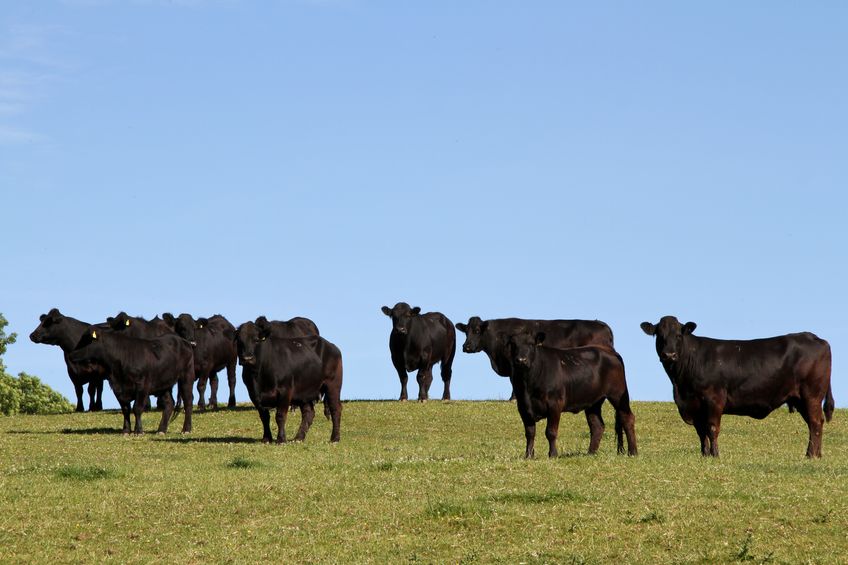IPCC told to ditch 'outdated' method of measuring methane

The United Nations has been urged by farming groups to move away from the 'outdated' method of measuring greenhouse gas emissions from livestock.
Agricultural organisations from the UK and New Zealand have urged the Intergovernmental Panel on Climate Change (IPCC) to use the 'more accurate' global warming potential (GWP) metric of GWP*, also known as GWP-we.
This metric measures the contribution of short-lived greenhouse gases to global warming, such as methane.
While GWP with a 100-year time horizon (GWP100) is the accepted metric for describing the warming impact of greenhouse gases, it is acknowledged to have shortcomings when it comes to the temperature response of short-lived emissions.
In their letter to the IPCC, industry groups say GWP* provides a 'more accurate measure' of the behaviour of methane in the atmosphere and its net contribution to global warming.
Signatories of the letter include the NFU, the National Sheep Association and Beef + Lamb New Zealand.
Using metrics that 'inaccurately' capture the contribution to warming of short-lived gases could 'lead to poor policy decisions', a statement by the organisations said.
They add that policy advisers need to reflect solutions that distinguish between the dynamics of biogenic methane and gases that persist in the atmosphere for long periods.
The statement said: "Given the scale of the climate change crisis facing the planet, it is vitally important that the best scientific information and tools available are being used to inform.
"The current measurements in use may not give an accurate reflection of agriculture’s true impact on global warming.
"Therefore the agricultural sector is keen to ensure that the industry is fairly viewed and the positive impact it can have on climate change is highlighted."








